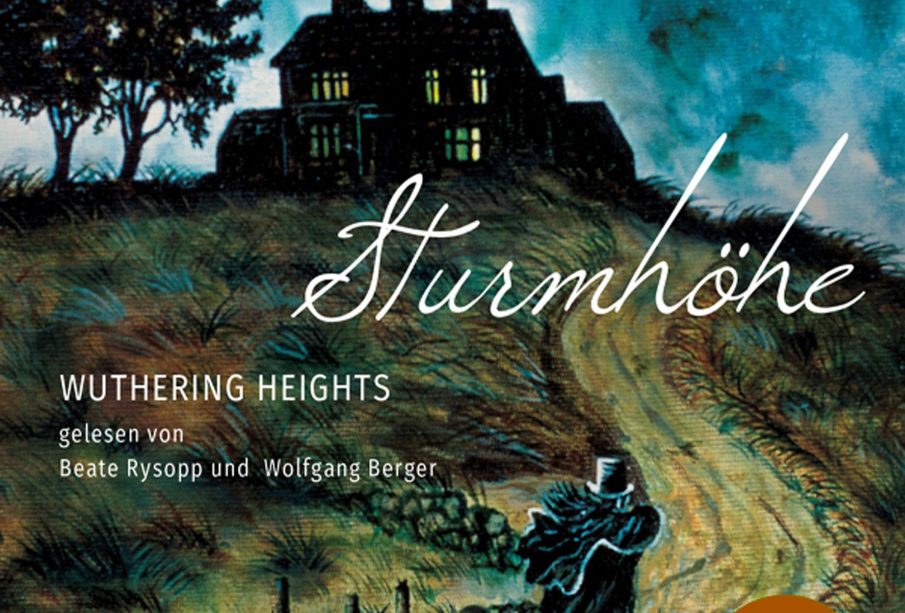The Enduring Legacy of Wuthering Heights

Introduction
Wuthering Heights, the only novel by Emily Brontë published in 1847, stands as one of the cornerstones of English literature. Its exploration of complex human emotions and tumultuous relationships has captivated readers for generations. The importance of this novel lies not only in its rich narrative but also in its profound themes of love, revenge, and the influence of environment on character. As we navigate contemporary literary discussions, Wuthering Heights remains highly relevant, prompting us to reflect on the darker aspects of the human experience.
Plot Overview and Themes
The novel, set on the Yorkshire moors, unfolds the passionate and destructive relationship between Heathcliff and Catherine Earnshaw. Through a multi-layered narration, Brontë immerses readers in a tale steeped in obsession, isolation, and the struggle against societal norms. The raw intensity of Heathcliff’s love for Catherine drives much of the plot, leading to tragic consequences for all characters involved. Themes of class distinction, the supernatural, and the consequences of vengeance permeate the storyline, making it a rich text for analysis and discussion.
Impact and Adaptations
Wuthering Heights has inspired countless adaptations across various media, including film, theatre, and literature, highlighting its timeless appeal. The novel’s thematic depth has attracted both praise and controversy, with some critics labelling it as a gothic masterpiece while others deem it a bleak portrayal of life. The novel has also been an essential part of academic discourse, often included in literature syllabi around the world. Its influence can be seen in subsequent literary works that explore similar themes of intense emotions and the darker sides of human nature.
Conclusion
Wuthering Heights continues to resonate with readers nearly two centuries after its publication. Its exploration of love intertwined with pain and the struggle for identity within oppressive social structures fosters a rich dialogue about human psychology and morality. As discussions around mental health, social justice, and personal responsibility grow more pertinent, Brontë’s classic serves as a profound reminder of the complexity of human relationships. Therefore, engaging with Wuthering Heights is not merely an academic exercise; it is an essential exploration of the human condition, encouraging readers to confront the storms of their own emotional landscapes.









